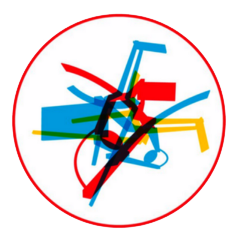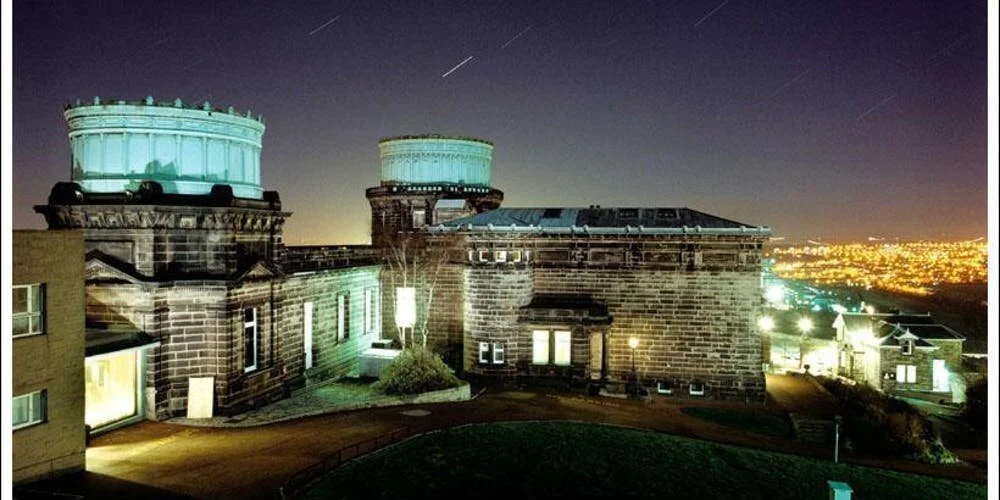Outer space’s abstract appearance leads to a desire for its systemisation in order to conceptualise and normativize the human position within it. This includes epistemological “systems of thought” and ontologies of “natural systems”. Their architectural construction is by necessity defined by perspectival characterisation, with core differentiation of belonging(s) and position(s).
OOTC'18
With the Out of the Cradle ‘2018 we aim to contribute to the existing outer space activities more citizen-centred perspectives. We are going to develop a public interface between established domains, interdisciplinary missions to advocate non established humanistic and social studies beyond Earth’s atmosphere and showcase human space activities as a cultural and not only technological venture.
Anticipated outcomes:
Socially relevant outer space scenarios and visions from which more focused, dedicated and relevant activities could be developed.
The community of aligned institutions and individuals with the capacity to collaborate on mutual projects.
Identified topics for future cooperation.
Participants: Roberto Cassar (Leiden University), Angelo Vermeulen (TU Delſt), Bernard Foing (ESTEC, Noordwijk) , Claudia Mignone (ESTEC, Noordwijk), Evelina Domnitch & Dmitry Gelfand (Synergetica), Marteijn Leinweber (Space Business Innovation Center Noordwijk), Thieme Hennis (Astroplant, Border Sessions) and Wael Bazzi (Exosphere, museum of cosmology).
Early on it was recognised that we should redefine or at least rethink the citizens and the humankind. As we are leaving the Earth, who do ‘we’ represent in outer space—only citizens or humanity, or “life” as such? If it is so, then the technological approach should be updated with more ecological, based on the quality of relations and not just capabilities of an individual “species”. That also brings to the question of the language and the mutual code, since existing social and mathematical language would also require a biosemiotic update that is in its becoming through the evolution of cybernetics.
On more concrete but related matter OotC’18 recognised a need for co-creation platforms that would support inclusive citizen-centred activities, like Astroplant project, developed as an ESA citizen science project, but evolving into a composite spin-off, fusing scientific, societal and educational impact.
Platforms as hybrid networks provide development of connected capacities, facilities and resources— and as such a recognition of the cultural impact of outer space activities.
OOTC'15/ Habiton
OOTC'14/ Observer
The Observer conference is organized by Faculty of Liberal Arts and Science (Smolny college), St. Petersburg State University in collaboration with KSEVT (Cultural Centre of European Space Technologies, Slovenia). The Observer conference will focus on rethinking of human position within the technological, social and natural processes which enables the understanding of the deep and close surrounding – Space and Earth. The understanding of Space has throughout history shaped different knowledge and Sciences. The conference will bring together worldwide experts from different practices – Science, Arts and Humanities – to study how the overcoming of old and new models reforms the technological and social condition of the Observer.
OOTC'14/ The Topology of Non-human Agents
Space exploration programs bring forth - alongside with the recent biotechnological and digital advances - the consideration that a universe populated with artificial life might soon become a force recalibrating the human condition. Autonomous and self-sustaining systems based on the principle of life kindle alternative paradigms through which the exploration of space and its informational colonization might be approached. Attempts to engage the wider space community in a discourse with various developmental practices complementary to existing programmes is resulting in flying laboratories intended to test and validate new techniques and proposals on low-cost and robust satellites. The Arts and humanities are emerging as key mental articulators of thoughts on the ontology of the human in outer space and engage in projects aiding the construction and manifestation of data from and intended for space transmission. Invited speakers will, from their respective fields of expertise, illuminate contemporary topics associated with human presence in space.





